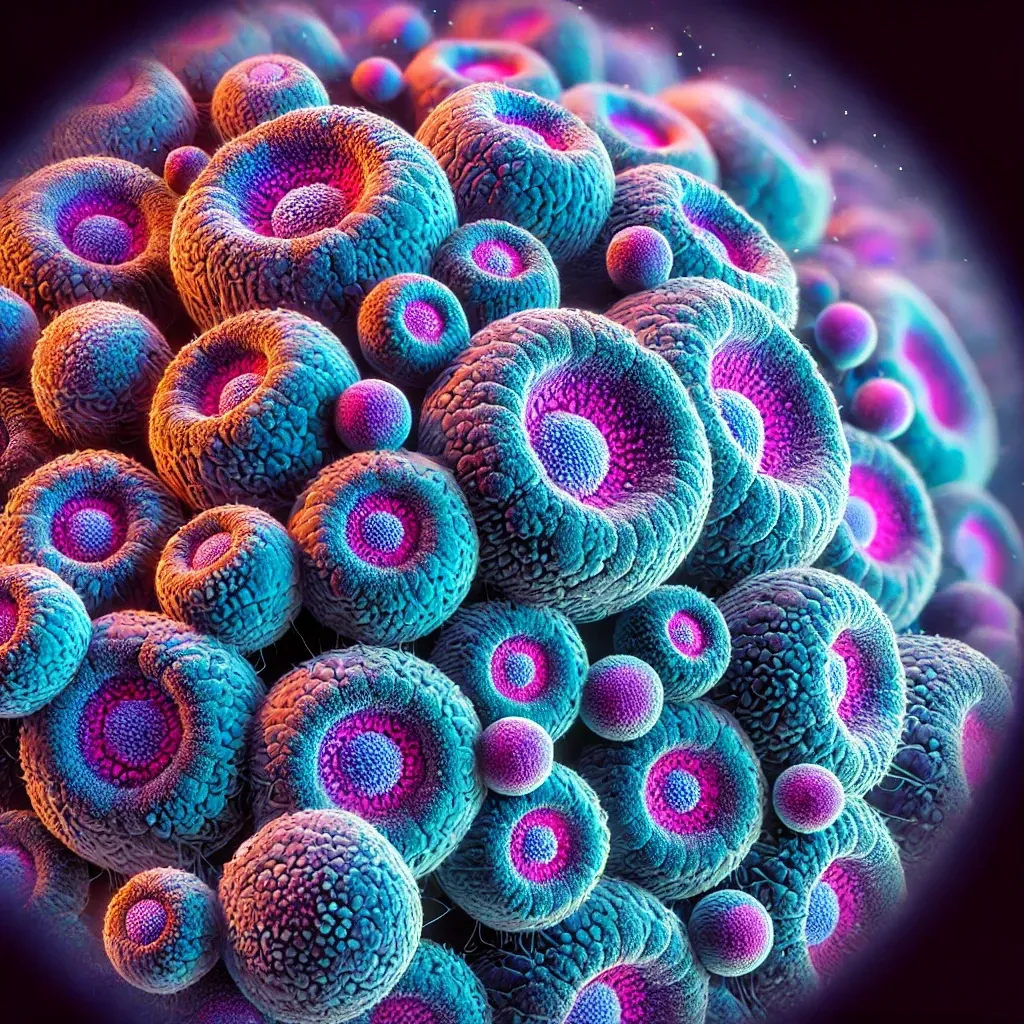Sugar: How Bad is Bad? Part 4: Sugar Screws Up Your Thyroid
The thyroid gland produces hormones that help regulate many different processes in the body from metabolic rate to heart and digestive function. The hormones secreted by the thyroid also assist with muscle control, brain development, mood, and bone maintenance. When sugar hits the body, it can cause dysglycemia, throwing the blood sugar pendulum too far one direction (hyper or hypoglycemia), and thus impacting thyroid.
Hyperglycemia is defined as too much glucose in the bloodstream, usually caused from over-eating sugar and processed foods (i.e. a high carbohydrate diet). Insulin, produced by the pancreas, moves the excess glucose out of the bloodstream and into the cells so the body’s mitochondria can convert it into energy. While sugar and carbohydrates do provide quick energy, it isn’t sustainable. That’s why when we eat carbs, we feel hungry shortly after and want more (see the blog post on “Embrace the Fat” to learn more. Kindling carbs/fat logs - will be made in canva and be a pinterest share).
When hyperglycemia occurs too often, the cells can’t keep up and they stop listening to the chemical messenger (insulin). This causes the pancreas to make more insulin, a cyclical pattern that eventually leads to insulin resistance, metabolic syndrome, and type 2 diabetes [1]. Then the thyroid kicks into gear, releasing hormones so the gut can attempt to absorb the extra insulin [2]. With repeated hyperglycemic episodes and insulin surges, the thyroid gland becomes overworked and starts to break down. Destruction of the thyroid gland decreases thyroid hormone output and can cause autoimmune thyroid.
A diet high in sugar causes rapid blood sugar spikes, and with that comes rapid blood sugar crashes, better known as hypoglycemia. In a body with a well-balanced diet (enough healthy fats and protein along with complex carbs), blood sugar levels drop gradually. During this process, the pancreas produces a hormone called glucagon, which assists in returning insulin back into the bloodstream. However, if the diet is high in sugar and levels drop too low too fast, glucagon cannot work fast enough and the body sees this as a fight or flight situation. Now the adrenal glands get involved and flood the system with cortisol and epinephrine. Here cortisol acts as glucocorticosteroid hormone to assist the real glucagon in returning insulin levels to normal.
If hypoglycemia occurs too often, the excess cortisol (acting as glucagon) can suppress the pituitary gland’s function. When the pituitary gland gets bogged down, it can no longer produce enough or any TSH (thyroid stimulating hormone). Without TSH, the thyroid cannot produce thyroxine (T4) causing complications throughout the body such as increased heart rate, slowed digestion, suppressed growth hormone, and fertility issues due to suppressed sex hormones. All of this can throw the body into HPA-D
Hyper and hypoglycemia due to high sugar diets wreak havoc on many of the body’s systems. Some of them can recover over time, but when the thyroid starts to shut down... there’s no coming back from that. Once you start taking medication to regulate your thyroid, you have to be on those pills for the rest of your life. Is that really what you want for your health?
Stay away from the sugar. It should be a treat, not a lifestyle. It’s okay in small doses every now and then, but don’t make a habit of eating it every day or multiple times a day. Your body is worth more than that.
Sugar is bad.
https://www.ncbi.nlm.nih.gov/pubmed/16530289
https://www.hindawi.com/journals/jtr/2011/439463/
Don't Miss Out!

Heidi Toy Functional Medicine Blog

Omega-3 and Omega-6 are considered “essential” fatty acids because they cannot be produced by the body--we get them from the food we eat. They are biologically active upon ingestion, which means the body utilizes them right away and cannot store them up for later. They are essential because they help with both inflammatory and anti-inflammatory responses.

One of the reasons fad diets often fail is because they are not sustainable. The other reason is because they usually harm different systems in the body as much as they are meant to help. As with all health issues, when it comes to diet, everything should be in moderation. The following five diet points all involve TOO much of a “good thing”:




















































































